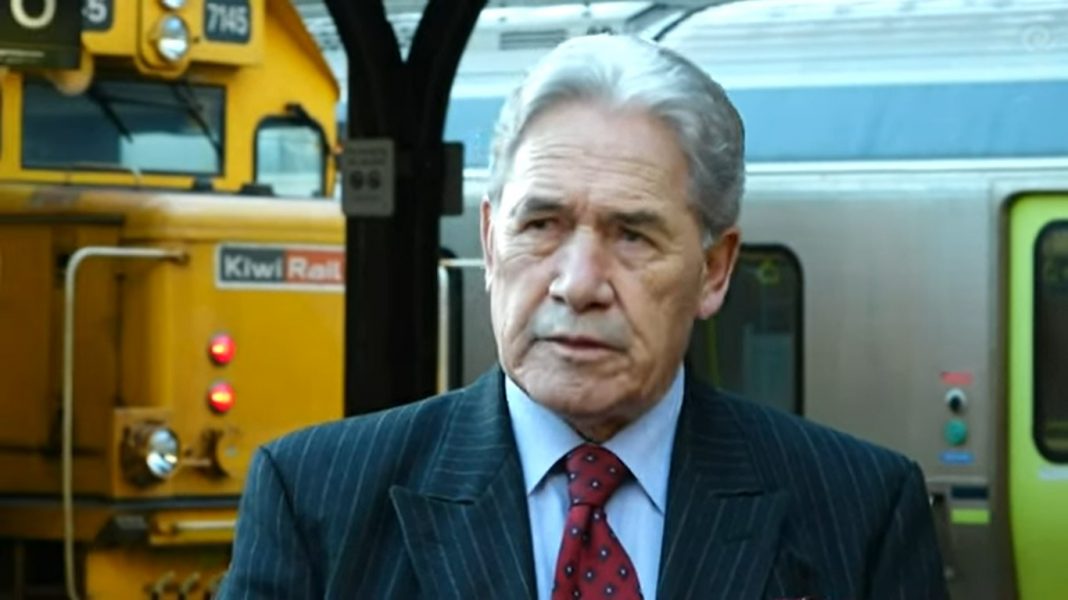NEW ZEALAND: Deputy Prime Minister and Foreign Minister of New Zealand, Winston Peters, issued an explicit notice against the Pacific region becoming knotted in military rivalry as geopolitical pressures deepen. In the latest The Guardian report, Peters underscored that the Pacific must continue as a “region of peace,” even as worldwide powers seek greater impact and control.
“The reality is, as the geostrategic shape of the world changes, we do not want the Pacific to become the competition grounds,” Peters said. He highlighted New Zealand’s constructive rapport with China but articulated deep apprehensions about the Pacific becoming battle-ready.
This anxiety trails a sequence of new breaking points, including a contentious security arrangement between China and the Cook Islands and live-fire military trainings steered by China in the Tasman Sea, events that caught both Wellington and Canberra by surprise.
Diplomatic strains and strategic surprises
While China’s strength and presence remain through security alliances and economic aid all over the Pacific, Peters indicated disconcerting signals of escalating tension. The Cook Islands, which have been linked to New Zealand via a free association treaty, triggered political resistance earlier this year by declaring a tactical collaboration with Beijing. New Zealand officials whined about the absence of transparency in the procedure, indicating commitments to consult on matters of security.
Presently, China’s on-the-ground training in transnational waters between New Zealand and Australia has incited reactions across the region. Providing little notification, the trainings compelled commercial carriers to deviate, amplifying apprehensions about China’s combative attitude.
Notwithstanding these episodes, Peters stressed New Zealand’s method of upholding open negotiations. “We made sure that they understood what our position was,” he said of current discussions with Chinese Foreign Minister Wang Yi. “If you can’t talk frankly to them, it’s not a great relationship—but we’ve got a good relationship … because we can say what we think.”
Australia–New Zealand unity in uncertain times
As Peters prepares to meet with Penny Wong in Adelaide for the two countries’ standard foreign ministers’ conferences, regional security and development will be in the limelight. With conventional Western impact in the Pacific progressively defied, Peters accentuated that collaboration between Australia and New Zealand has “never been more important.”
Both Peters and Wong have made all-embracing initiatives to reinforce bonds with smaller Pacific countries. “You cannot do this over Zoom or correspondence—you’ve got to do it face-to-face,” Peters said, stressing the value of physical presence in regional peacekeeping.
The risks are high. From the outcome of U.S. trade conflicts to China’s increasing footprint and calculated boldness, Peters cautioned that the Pacific is undergoing its most ambiguous period since the culmination of the Second World War. With Beijing providing infrastructure and assistance to influence regional coalitions, Wellington and Canberra are competing to confirm their roles as reliable allies in a diplomatic, autonomous Pacific.

